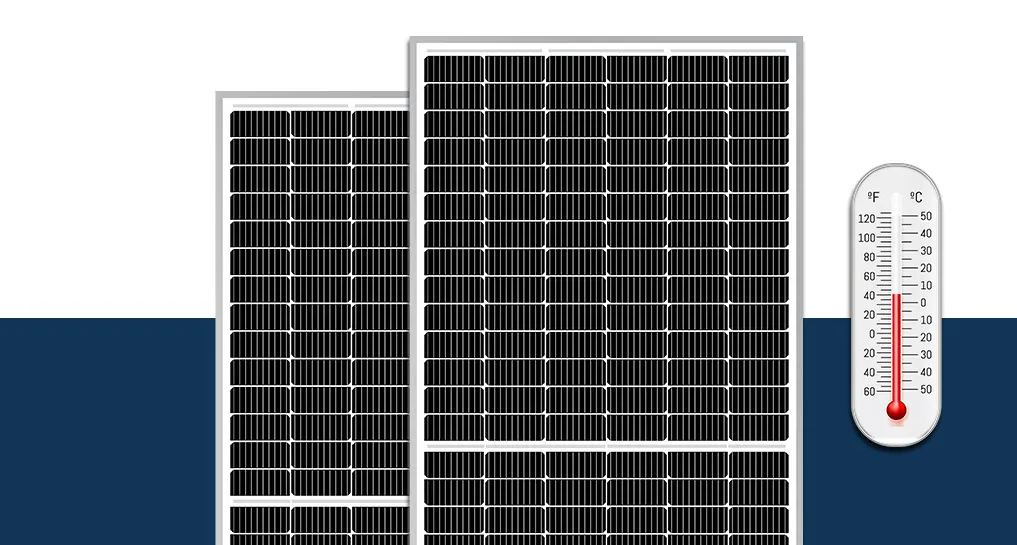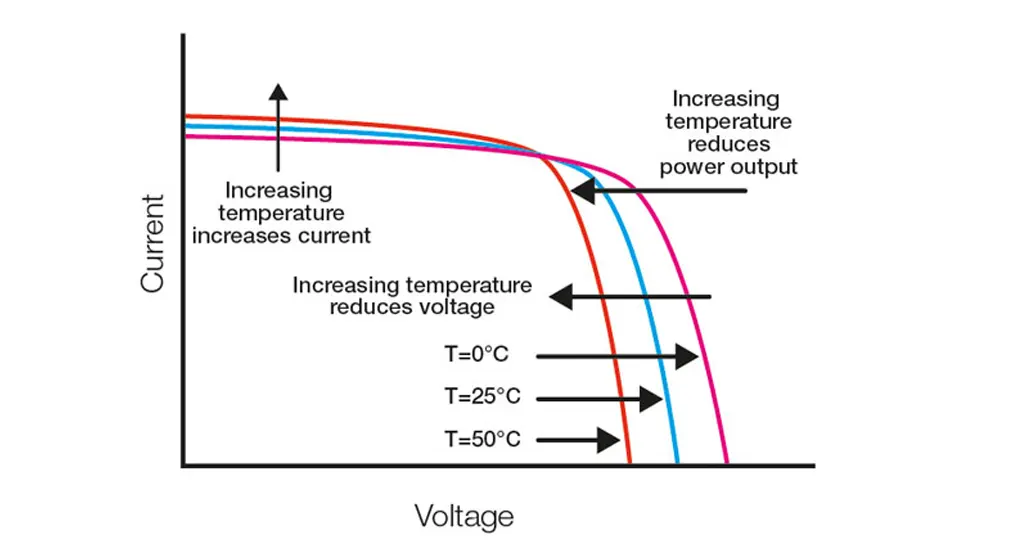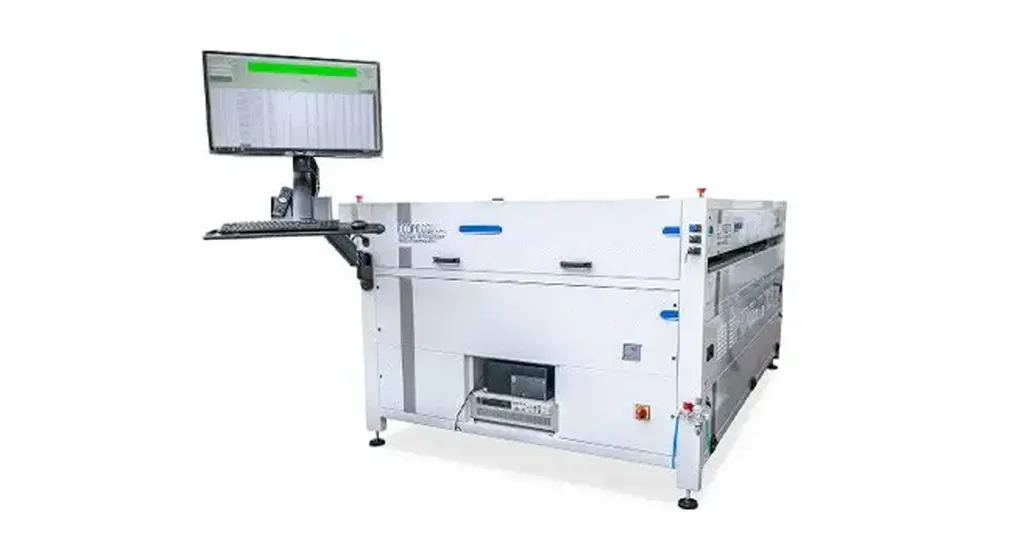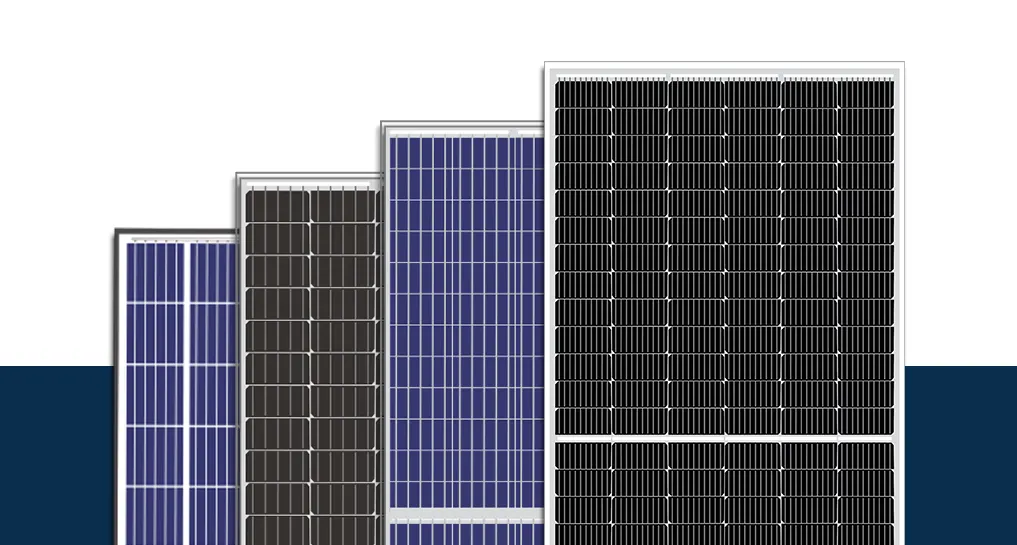
What to Know About Solar Panel Temperature Coefficient

Introduction
The utilization of solar panels for tapping into clean and renewable energy has gained significant popularity. As the world looks for sustainable energy solutions, solar power has emerged as a key player in the transition towards a greener future. However, like any technology, solar panels have their own set of characteristics and factors that affect their performance. One of the critical aspects to consider when evaluating solar panels is their temperature coefficient.
In this blog post, we will delve into the concept of the solar panel temperature coefficient and its significance in determining the efficiency and reliability of solar panels. We will also explore the impact of temperature on solar panel performance and how it can affect the overall energy production from your solar PV system.
Understanding Solar Panel Temperature Coefficient
The solar panel temperature coefficient, often referred to as the temperature coefficient of power (Pmax), is a crucial parameter used to assess the performance of solar panels under varying temperature conditions. It represents the percentage change in a solar panel's power output for every degree Celsius (°C) change in temperature above or below a standard reference temperature, usually 25°C (77°F).
The formula to calculate the temperature coefficient of power is as follows:
Temperature Coefficient of Power (Pmax) = (% change in power output per °C above 25°C) / 100 For example, if a solar panel has a temperature coefficient of -0.4% per °C, it means that for every degree Celsius increase in temperature above 25°C, the panel's power output will decrease by 0.4%. Conversely, for every degree Celsius decrease in temperature below 25°C, the power output will increase by 0.4%.


Testing Solar Modules and Analyzing Temperature Coefficients:
Temperature coefficients vary depending on the type of solar cell in use. This measurement process involves assessing the temperature coefficients of current (α), voltage (β), and peak power (δ).
To conduct this evaluation, the following equipment setup is required:
- Radiant Source (Typically a Solar Simulator)
- Temperature Control Equipment for Modulating Solar Module Temperature
- Precise Temperature Monitoring Tools
- Instruments for Measuring Voltage and Current Generated by the Solar Module
Significance of Temperature Coefficient
The temperature coefficient is a critical factor to consider when selecting solar panels for your photovoltaic (PV) system. Here's why it matters:
Impact on Energy Production: Solar panels are typically rated at standard test conditions (STC), which assume an ideal temperature of 25°C. However, in real-world conditions, solar panels are exposed to a wide range of temperatures, which can affect their efficiency. The temperature coefficient helps estimate how much a panel's performance will deviate from its rated power output as the temperature changes.
Location Matters: The effect of temperature on solar panel performance varies depending on your geographical location. In regions with extreme temperature fluctuations, understanding the temperature coefficient becomes even more crucial. For instance, desert areas experience scorching daytime temperatures and cold nights, while coastal regions have more moderate temperature variations.
Maximizing ROI: To ensure your solar PV system delivers the expected return on investment (ROI), it's essential to choose solar panels with a low-temperature coefficient. Panels with lower coefficients are less sensitive to temperature changes and will maintain higher efficiency levels, resulting in better energy production over the lifetime of the system.
Impact of Temperature on Solar Panel Performance
Solar panels are made up of individual solar cells, and the performance of these cells is affected by temperature in several ways:
Reduced Efficiency: Solar cells are most efficient at lower temperatures. As temperatures rise, the efficiency of the cells decreases. This decrease in efficiency is reflected in the temperature coefficient, which quantifies the rate of decline in power output as temperature increases.
Loss of Power: High temperatures can lead to a significant loss of power output in solar panels. This means that during hot summer days, your solar PV system may not operate at its full capacity, potentially reducing the amount of energy generated.
Potential Hotspots: Excessive heat can create hotspots on solar panels, which can damage the cells and reduce the overall lifespan of the panel. This is why proper ventilation and cooling mechanisms are essential for maintaining solar panel health in high-temperature environments.

Choosing the Right Solar Panels

When selecting solar panels for your PV system, it's crucial to consider the temperature coefficient and other factors such as efficiency, durability, and warranty. Here are some tips for choosing the right solar panels:
Consult with Solar Module Manufacturers: Reach out to reputable solar module manufacturers or solar PV module manufacturers in India for information about their panel specifications, including the temperature coefficient. To know more in detail you can visit PIXON which can be a valuable resource for exploring options.
Evaluate Location-Specific Needs: Consider your geographical location and the typical temperature range in your area. Panels with a lower temperature coefficient are more suitable for regions with extreme temperature fluctuations, while those in milder climates may have more flexibility in their choices.
Compare Multiple Options: Don't limit your options to a single manufacturer or model. Compare the temperature coefficients of several panels and assess how they align with your specific needs and budget.
Seek Professional Advice: Consult with a solar installation professional or engineer who can provide guidance on selecting the most appropriate solar panels for your unique circumstances.
Wrapping Up
In the pursuit of a sustainable future powered by renewable energy , solar panels play a pivotal role. Understanding the solar panel temperature coefficient is crucial for making informed decisions when choosing solar panels for your PV system. By considering this parameter, along with other important factors, you can ensure that your solar panels operate efficiently and reliably, maximizing the benefits of clean energy production.
As you embark on your journey to harness the power of the sun, remember that collaboration with trusted solar module manufacturers like PIXON in India can help you make well-informed choices. Find the best solar solutions for your needs.